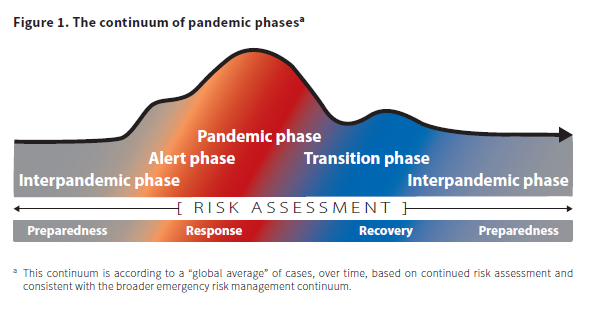Ten Ways Cognitive Biases Impact Data Design Work - Nightingale - Medium

my notes ( ? )
There are about 175 known cognitive biases to date. I will share some of the ones that I think are the most significant for designers... It is important that we not learn about biases to simply point out errors in others... we [need] to spot errors in our own thinking ...
confirmation bias ... conservatism bias ... [influence us] to select and use only data that tells the story we are personally most convinced of ...
false-consensus effect ... in-group bias ... bandwagon effect ... social desirability bias ... herd mentality ... some opportunities for growth... to connect with those different than us ... intentionally inviting and incorporating different perspectives ...
narrative fallacy ... framing bias ... emphasize the importance of slow thinking for data design ... the stories we tell with data are a means to an end ... ask ourselves who might most benefit and who could be harmed by those ends ...
We can be moved by stories about others ... consider interactive designs that invite readers to find themselves in the data ...
balance qualitative data that recognizes the very real risks at play with qualitative data that highlights opportunities for positive change...
to think of prior data as a reference point... can skew our decision-making (anchoring bias) ... motivated by fear of loss far more than ... gain (loss aversion) ... create a data story about some kind of loss or decline... if our readers are very sensitive to loss, we ... may be supporting readers in overlooking positive potentials which might serve them better ...
We love information and innovation... may be the biases that affect our profession the most ... prone to seek more information even when it does not affect or encourage action (information bias) ... sometimes less is more ... ask ourselves “Is this information even necessary?” ... there must also be a real human need, identified through qualitative research...
It is very easy to overestimate ourselves ... work with others ...
hindsight bias ... misinformation effect ... can affect how we analyze our own work ... shift our field away from showcasing our end products and toward documentation of and deep dialogue about our deliberate decision-making processes
Read the Full Post
The above notes were curated from the full post medium.com/nightingale/ten-ways-cognitive-biases-impact-data-design-work-be83f86d4274.Related reading
More Stuff I Like
More Stuff tagged psychology , cognitive , data visualisation , design
See also: Content Strategy , Online Strategy , Social Media Strategy , Online Architecture , Communications Tactics , Psychology